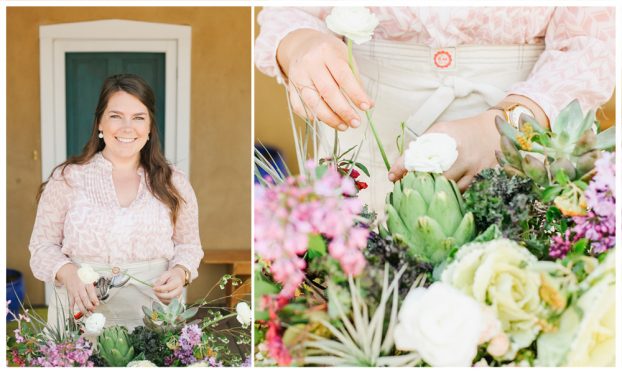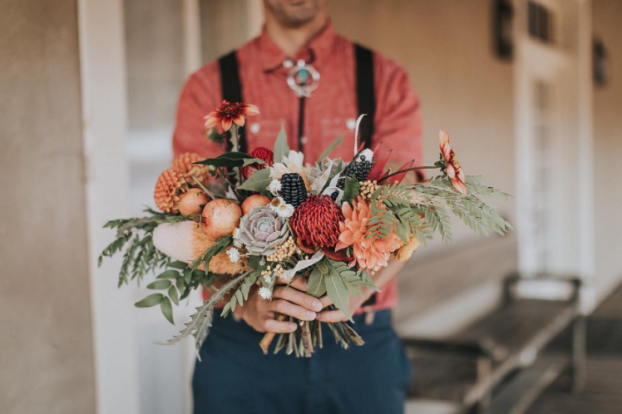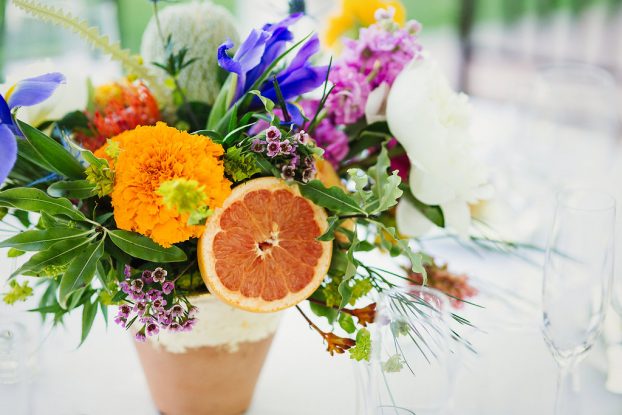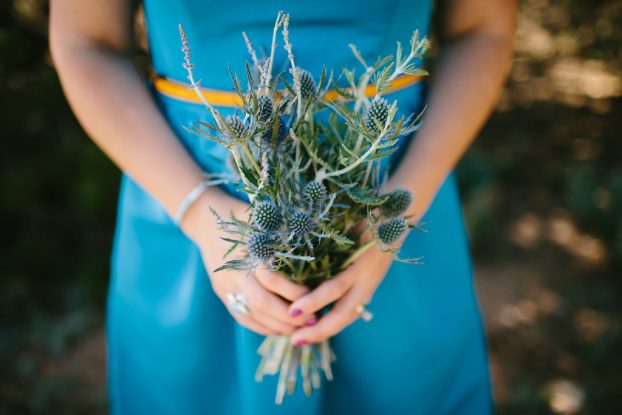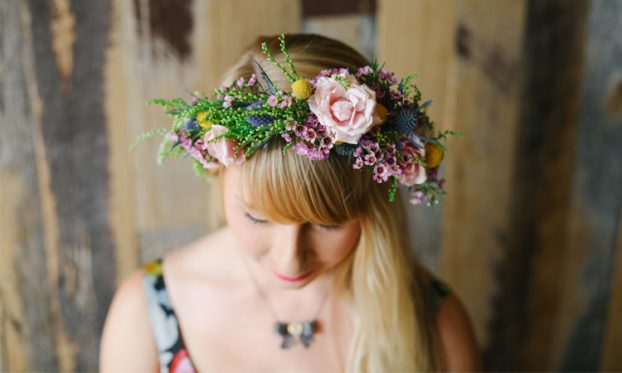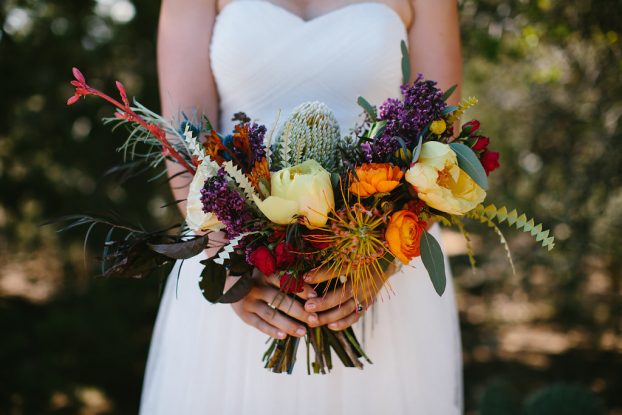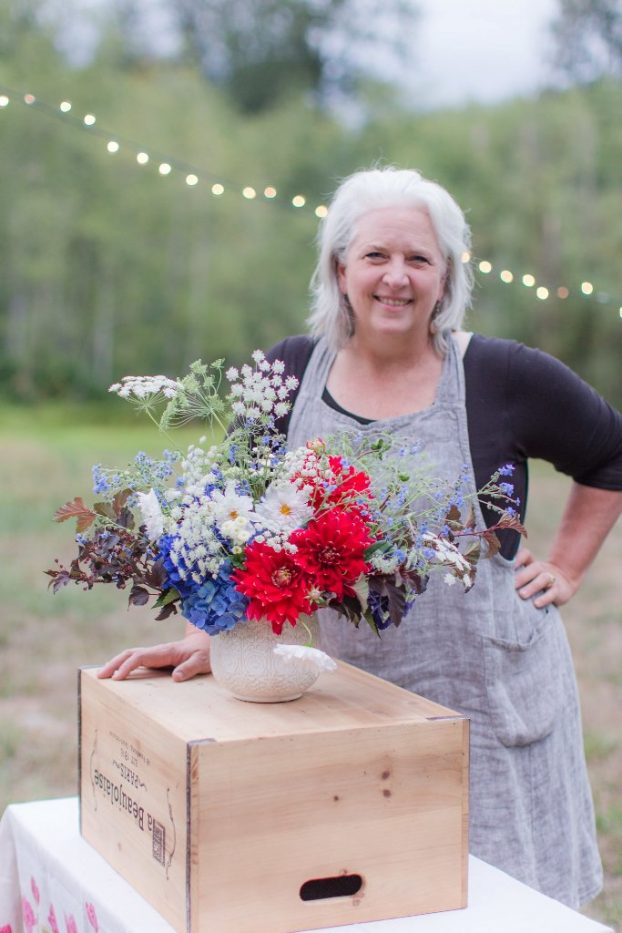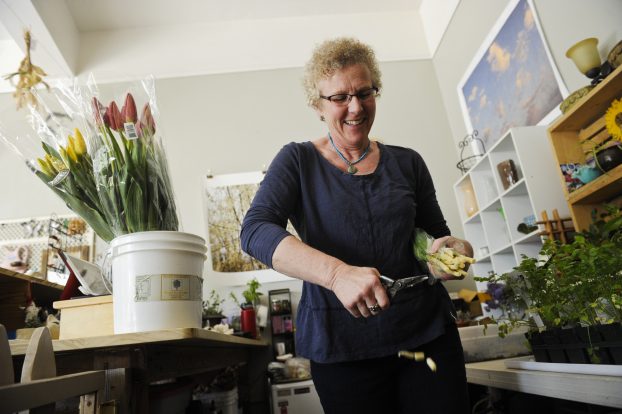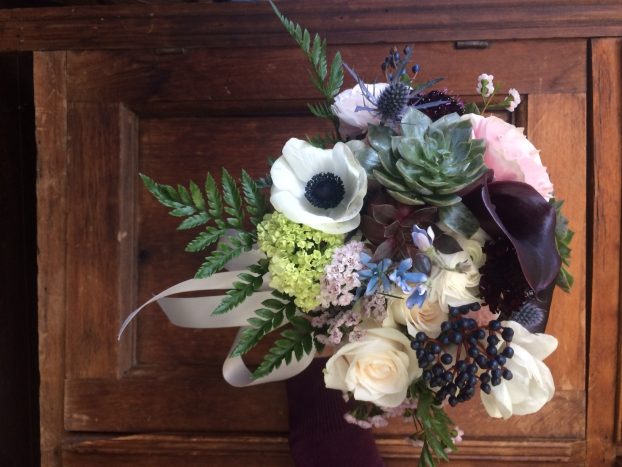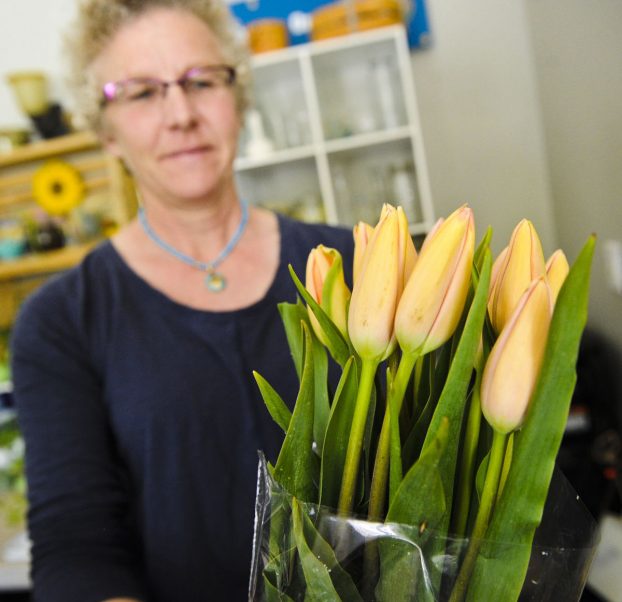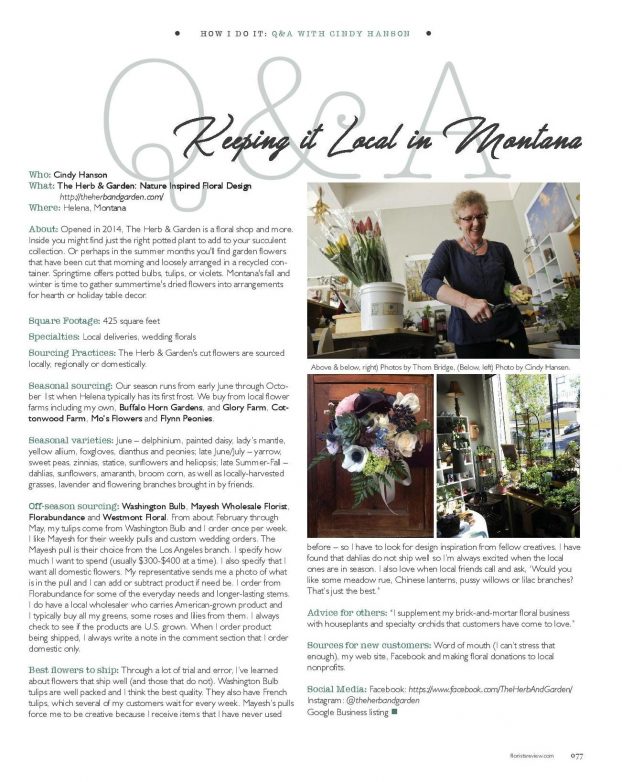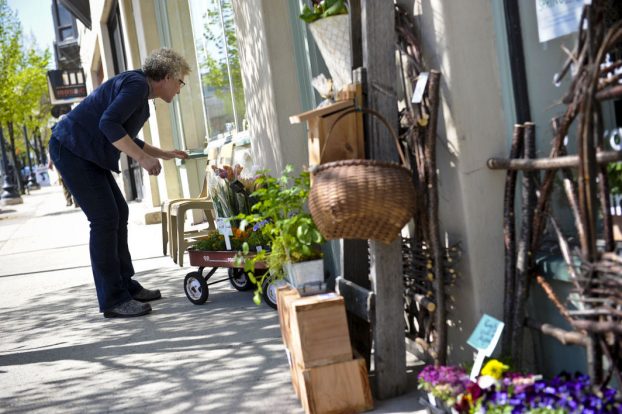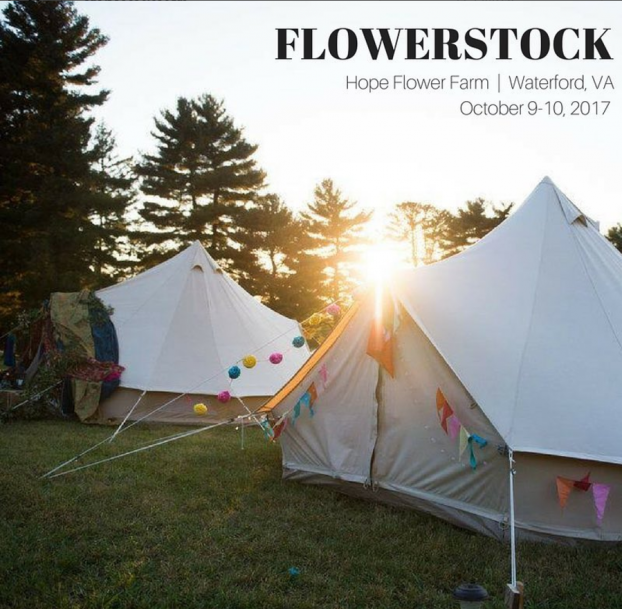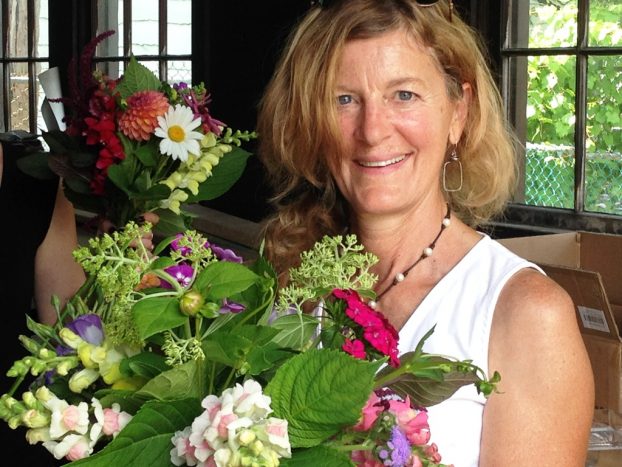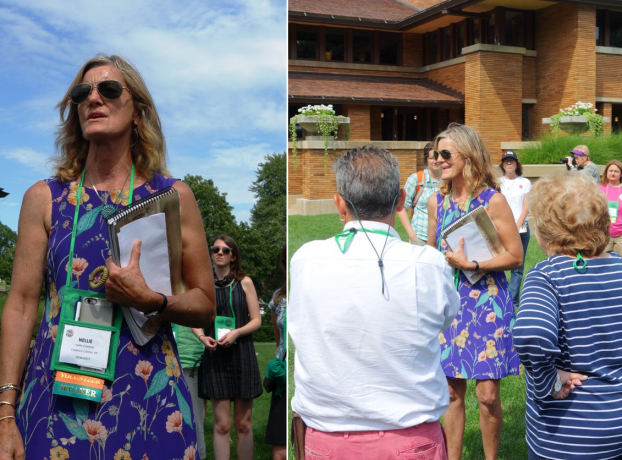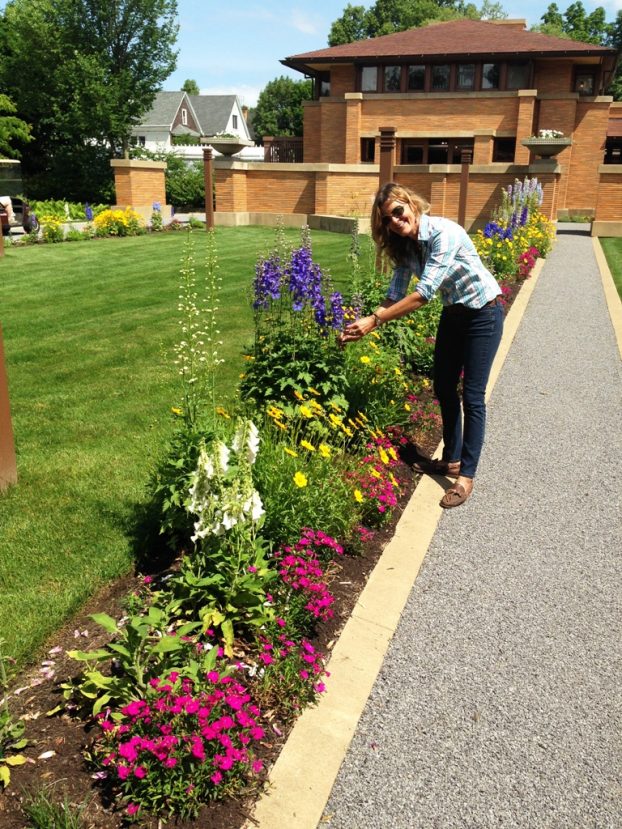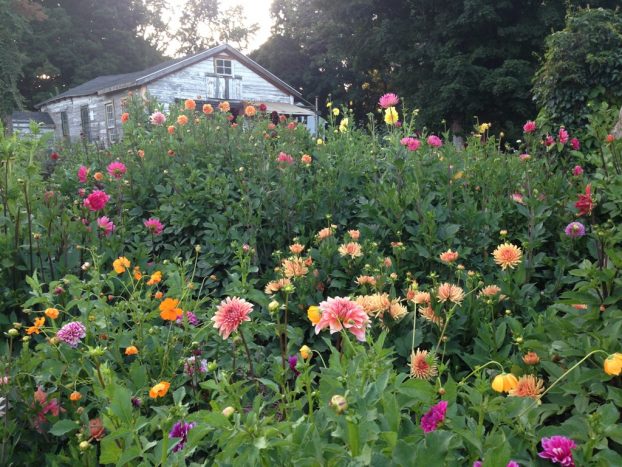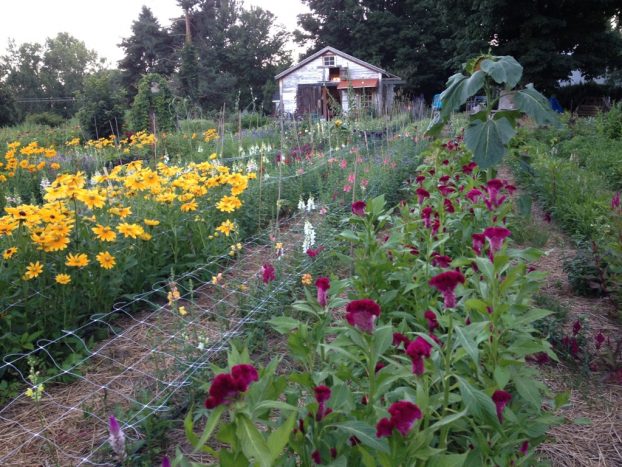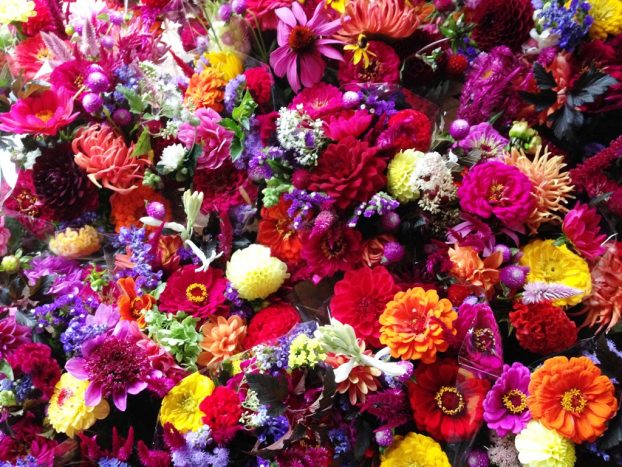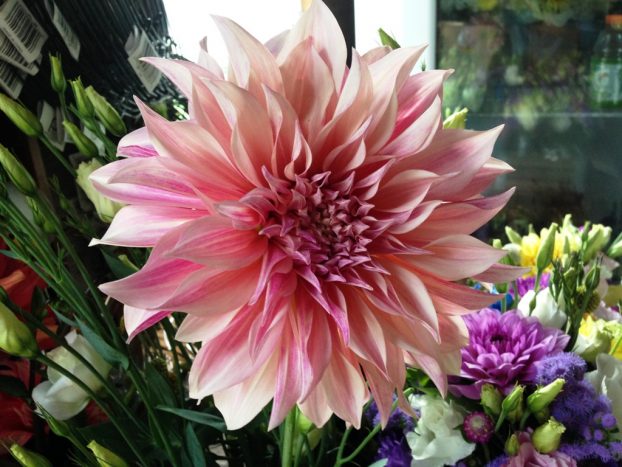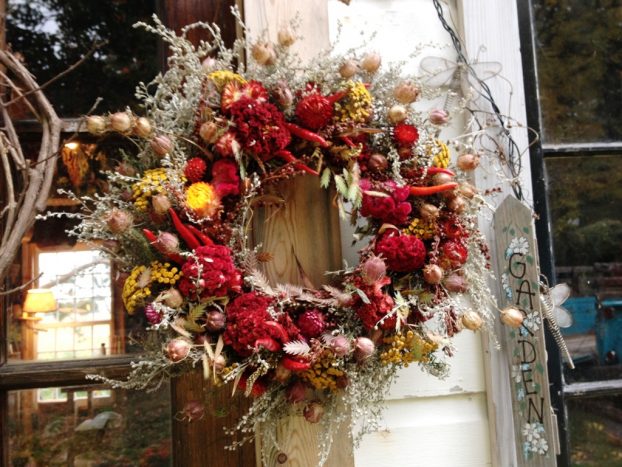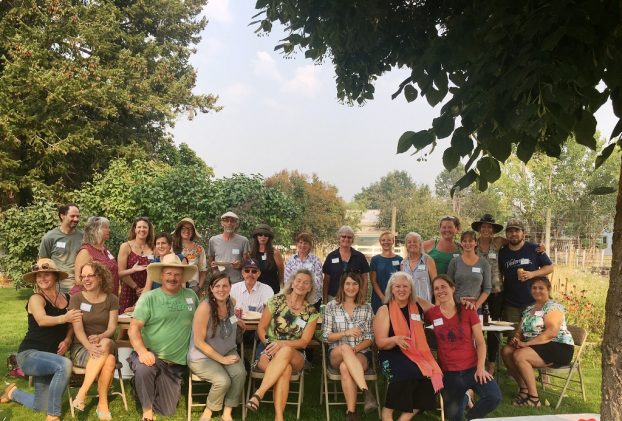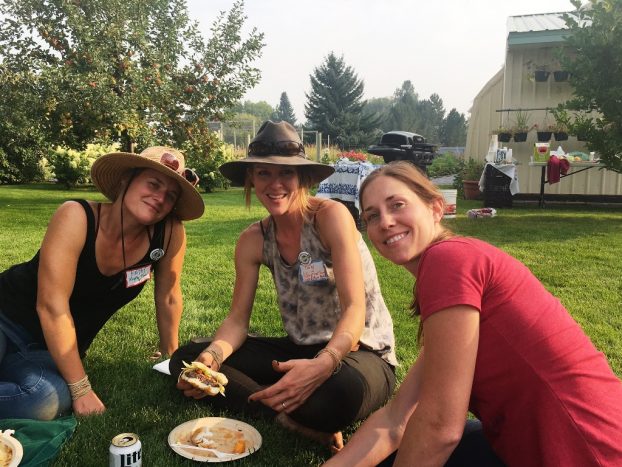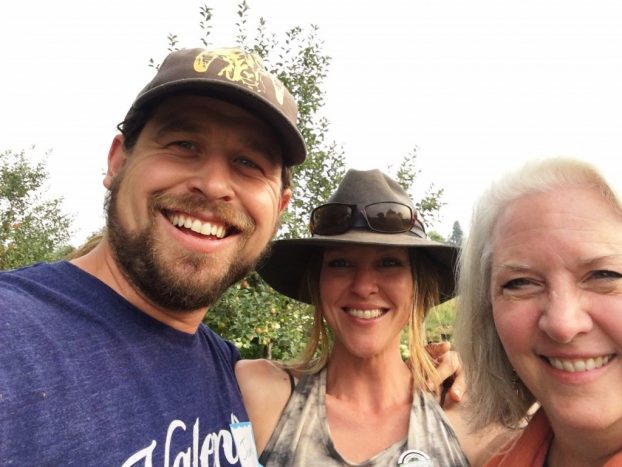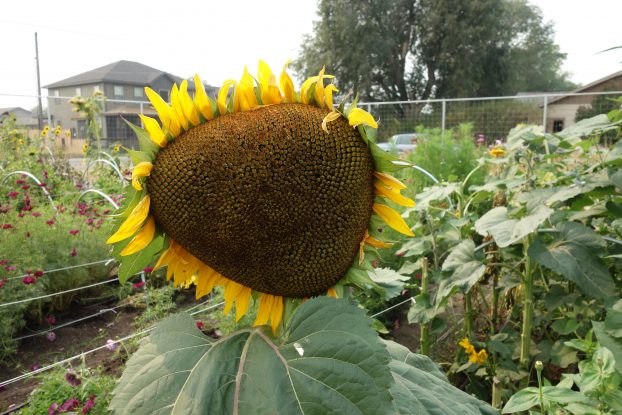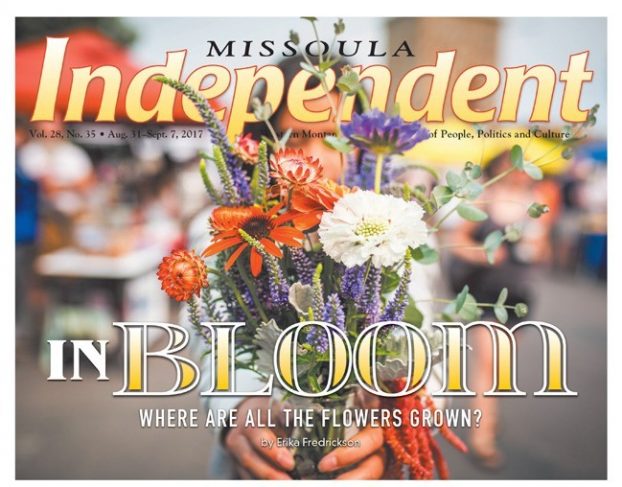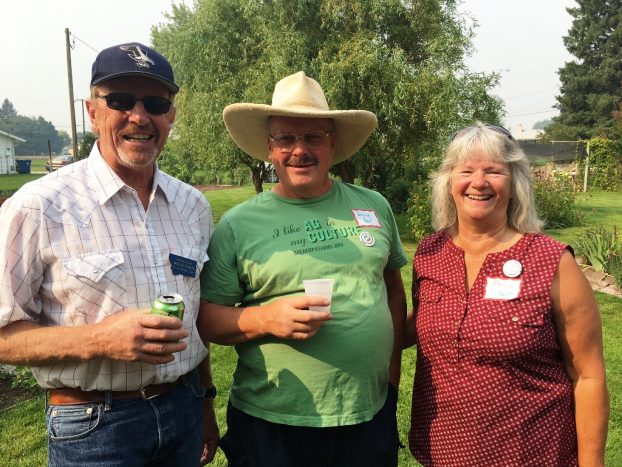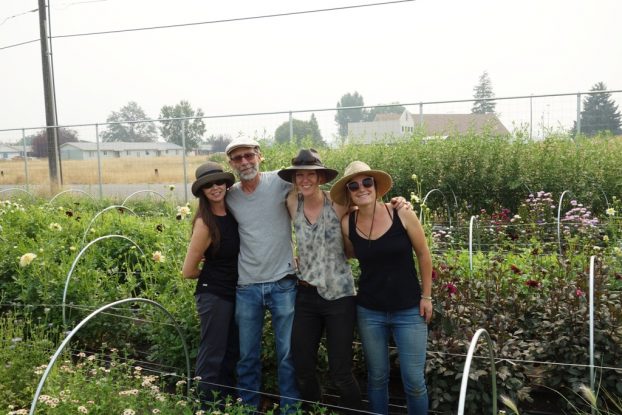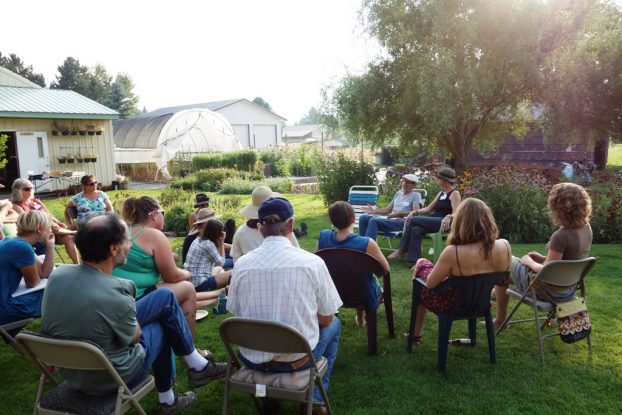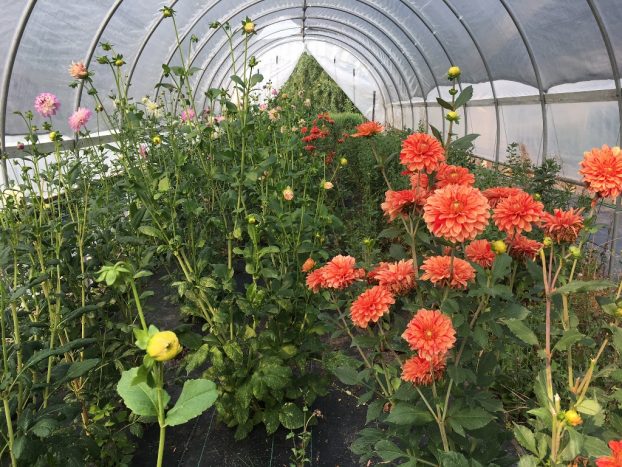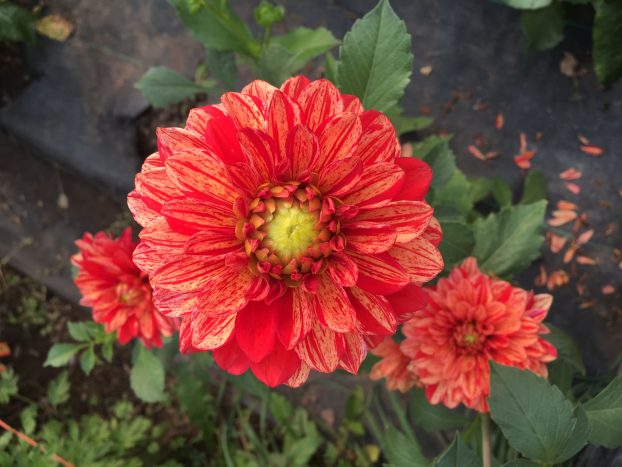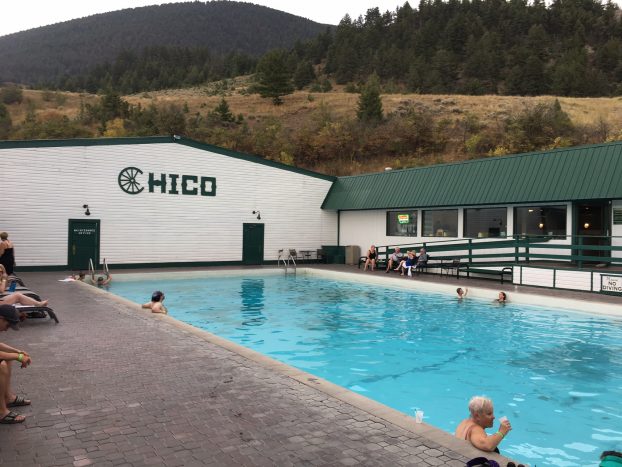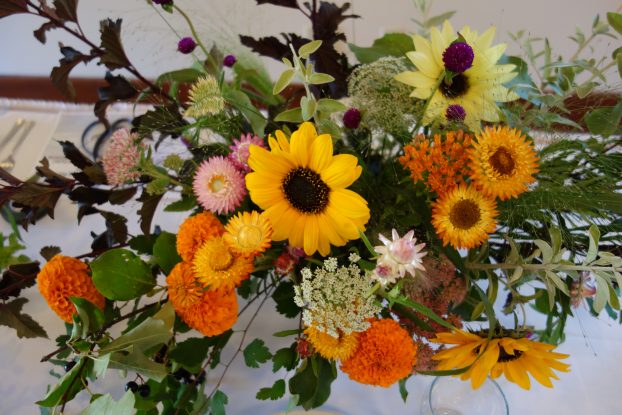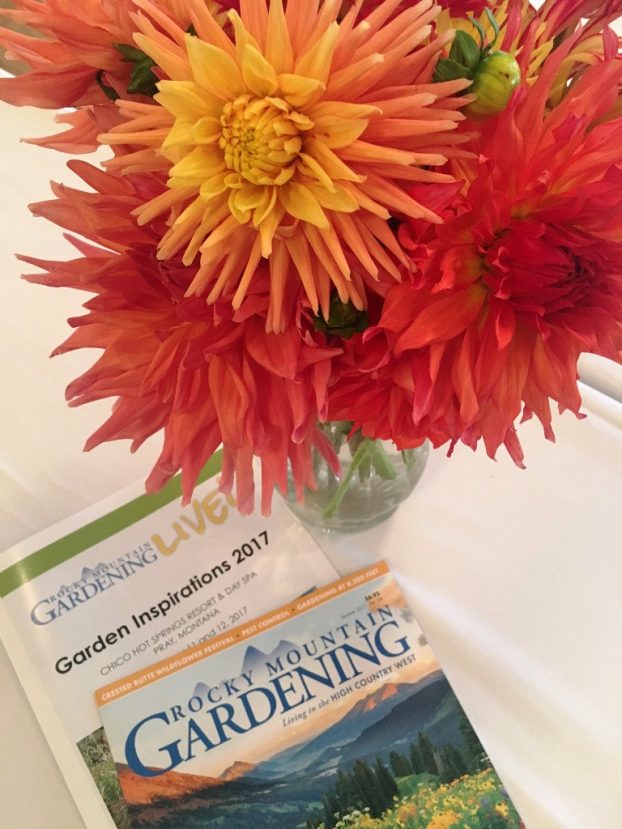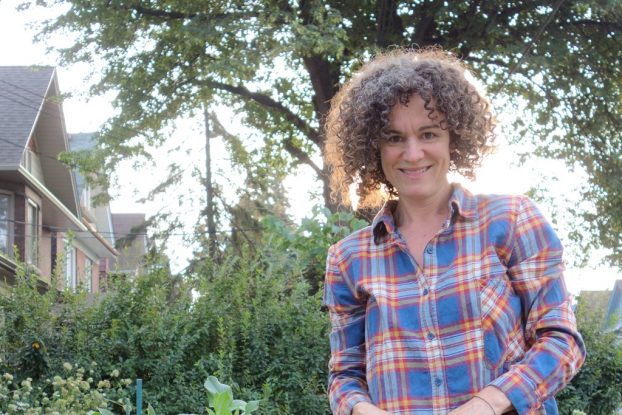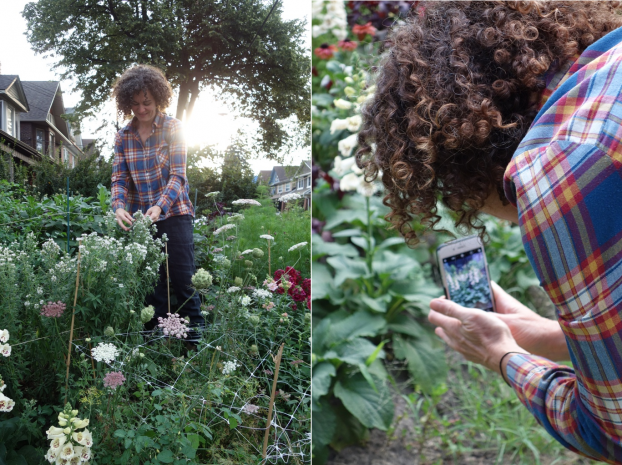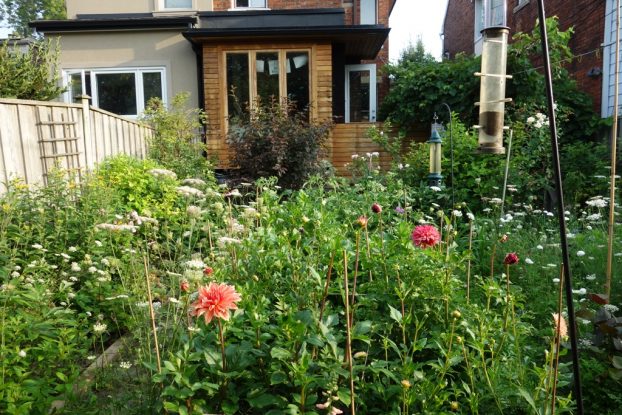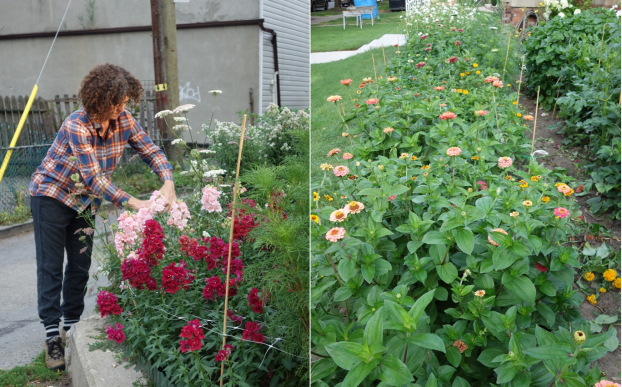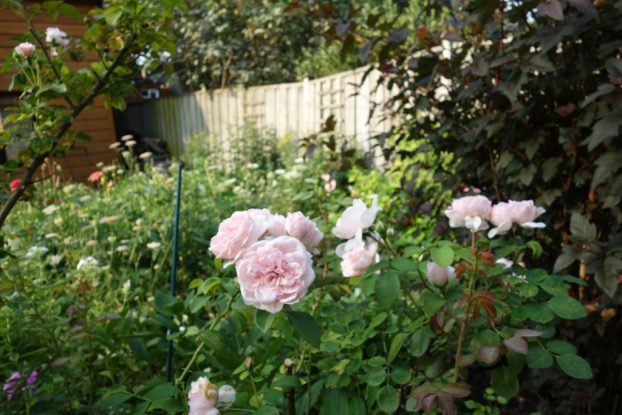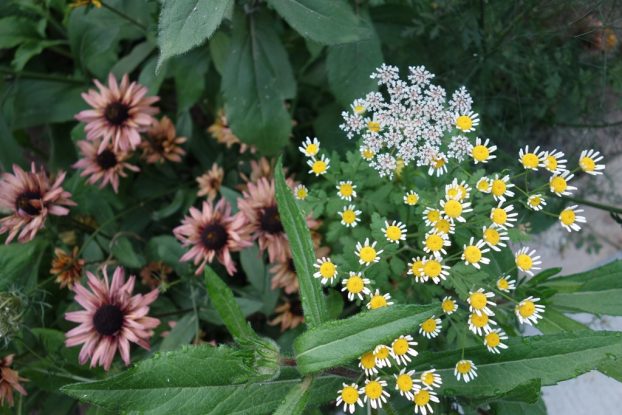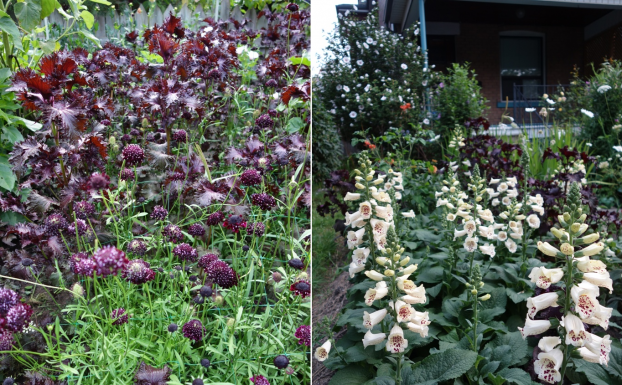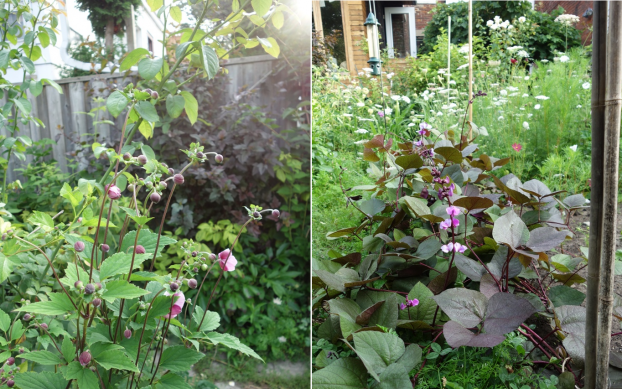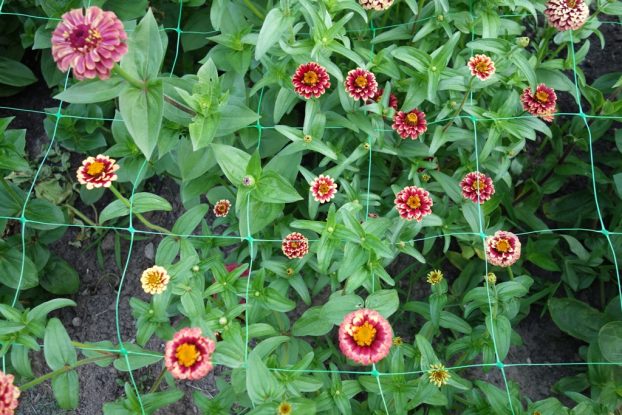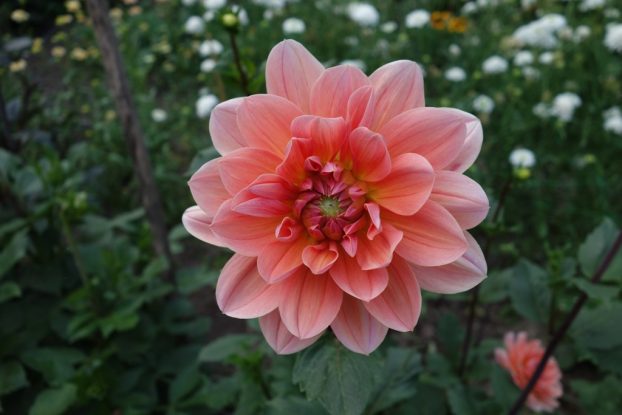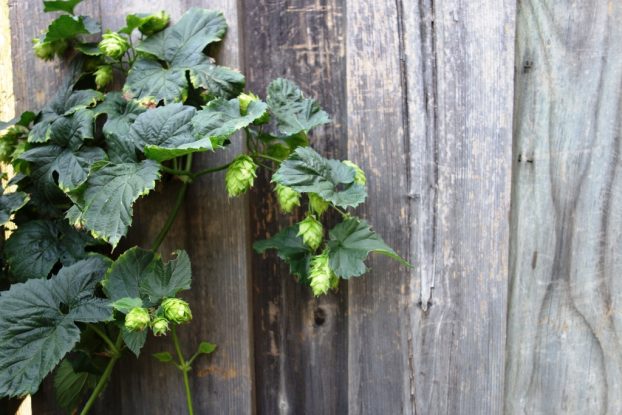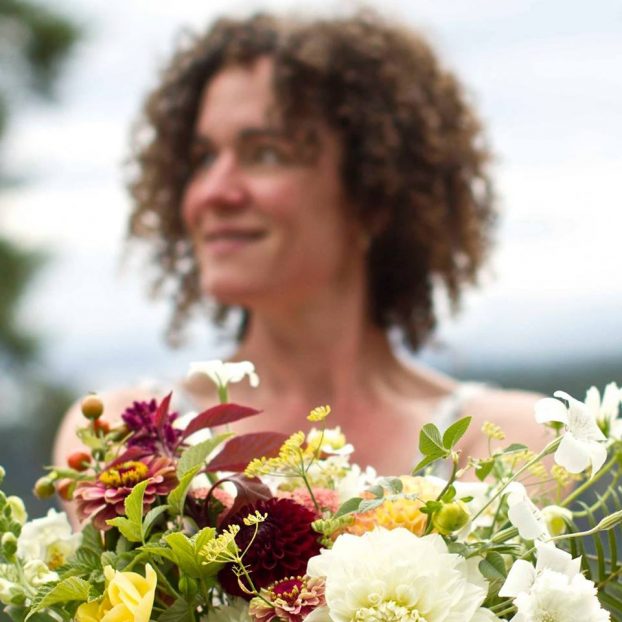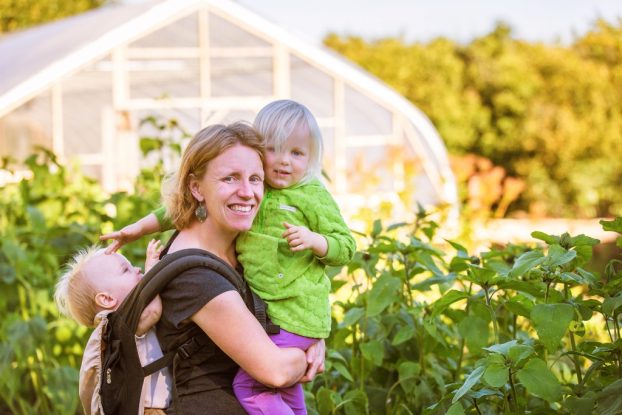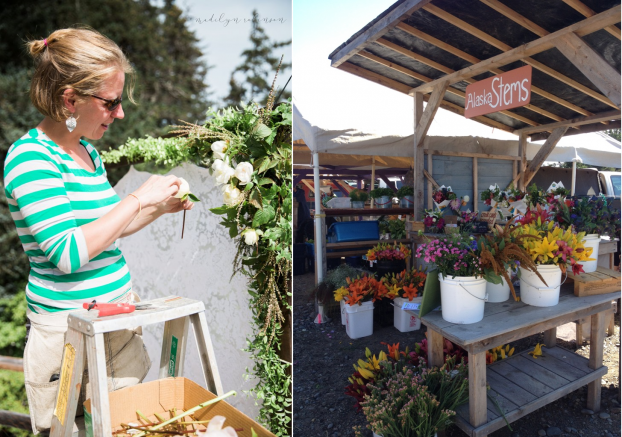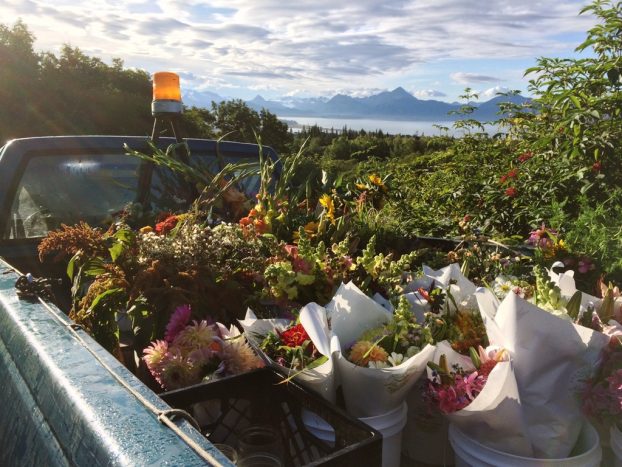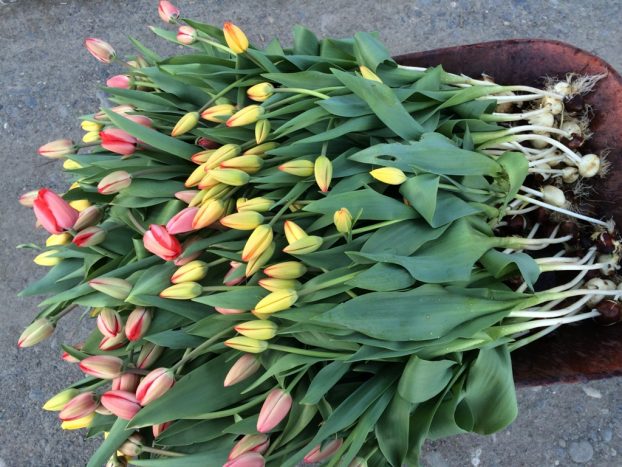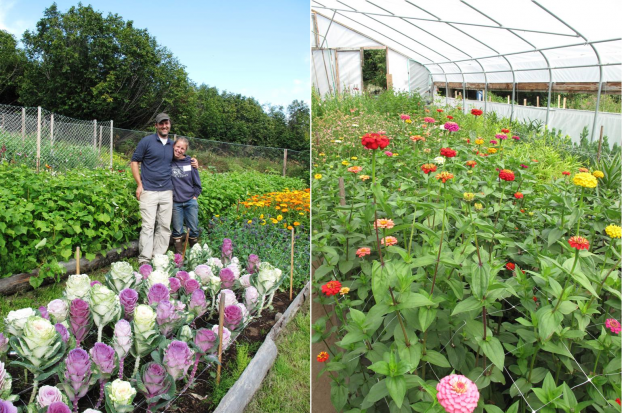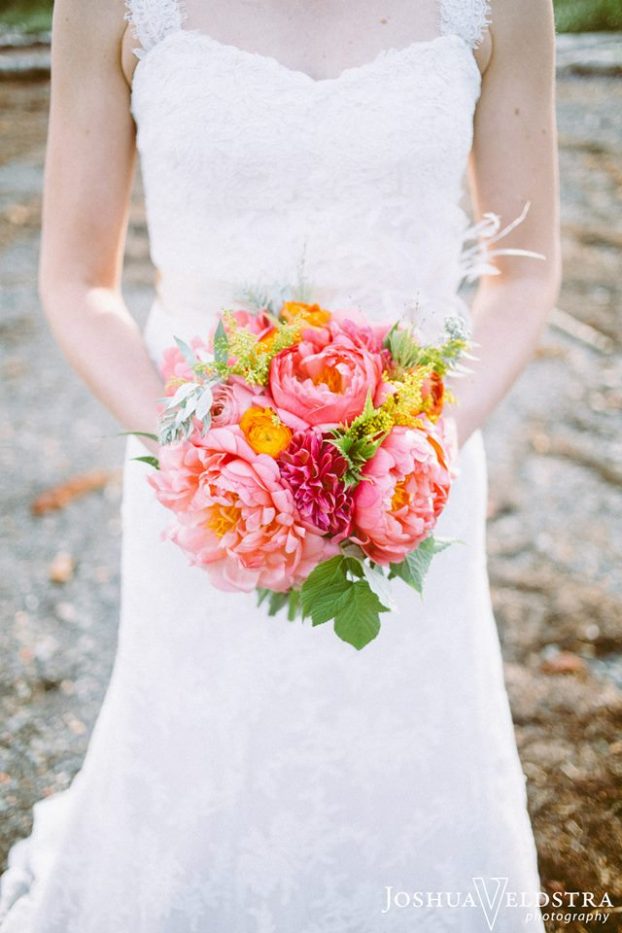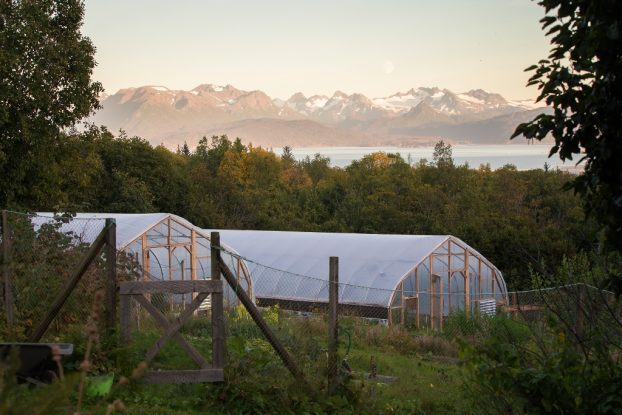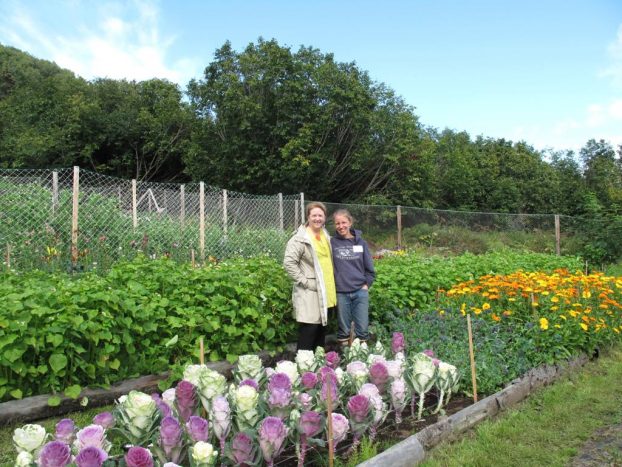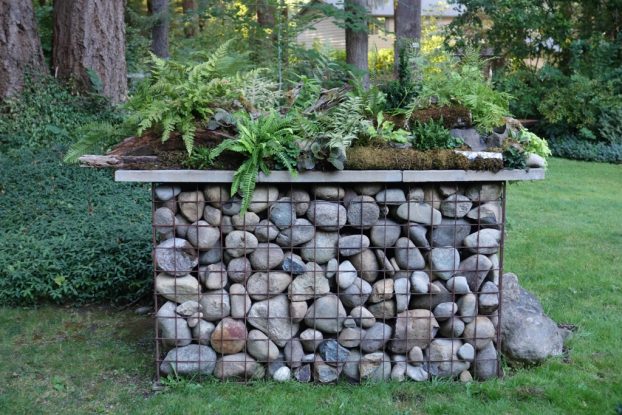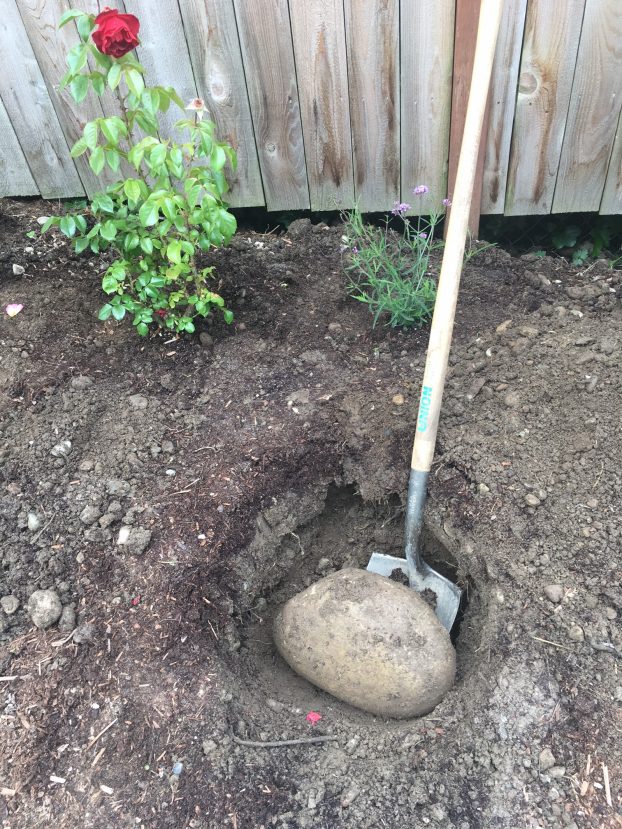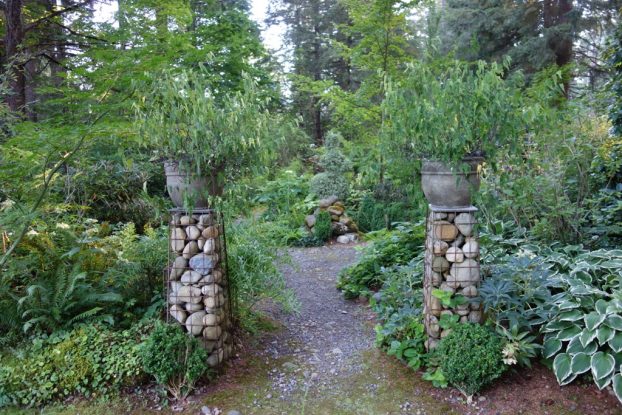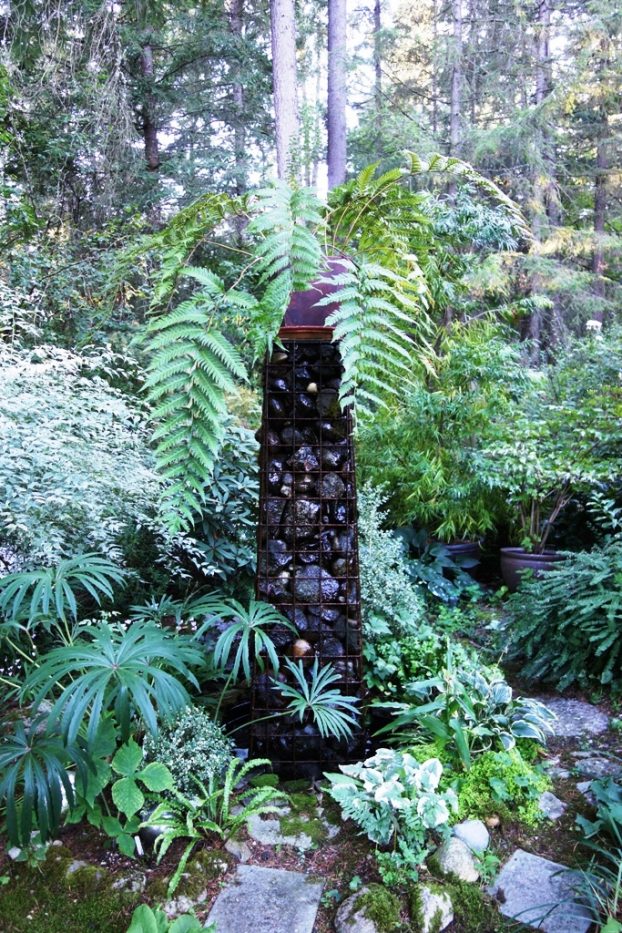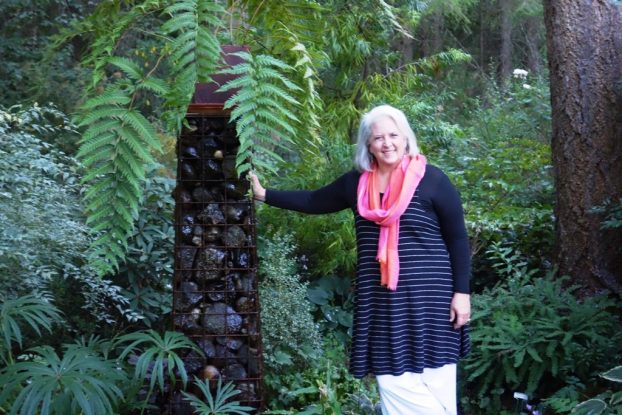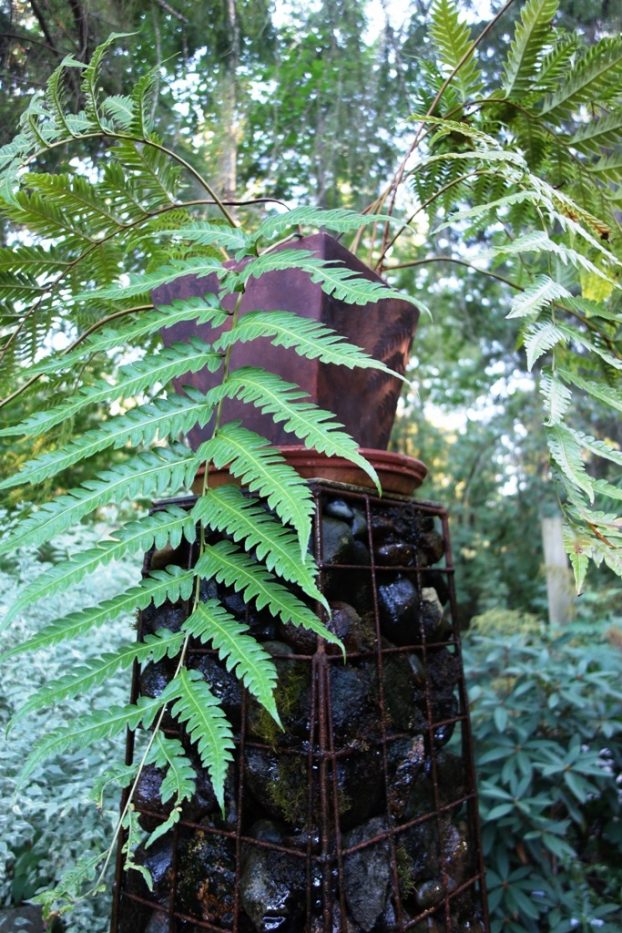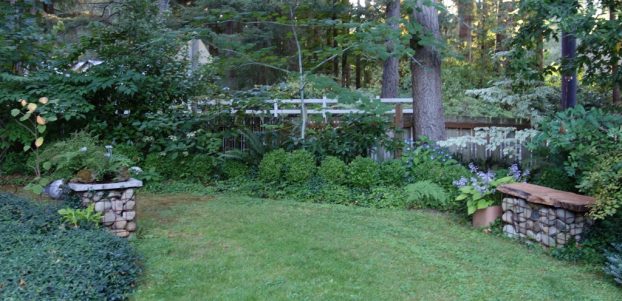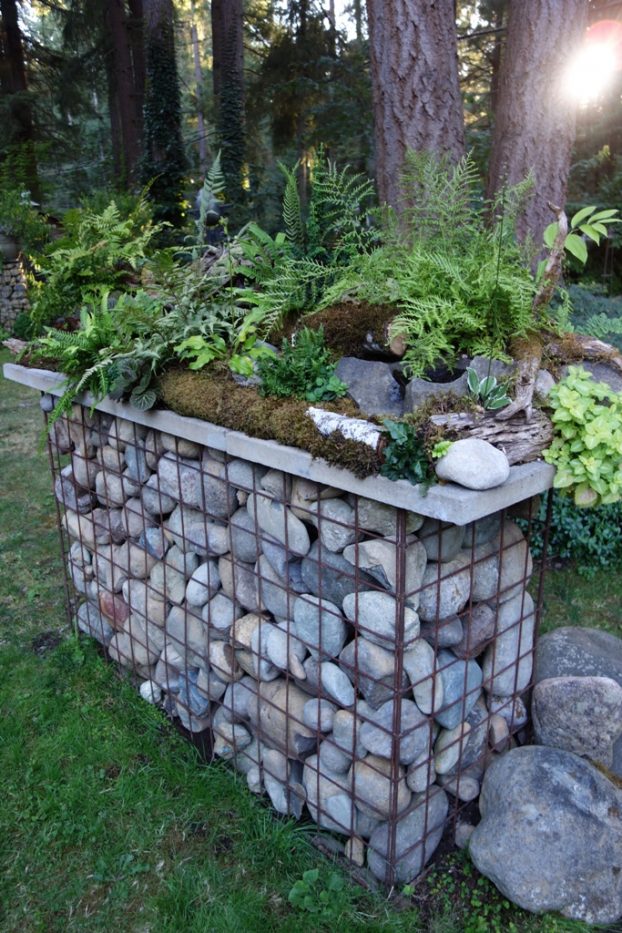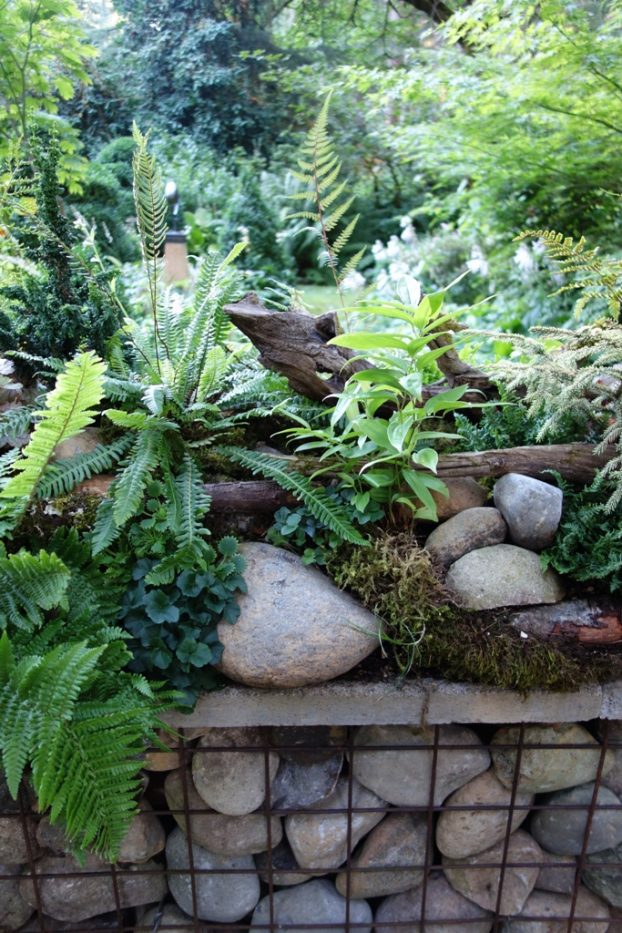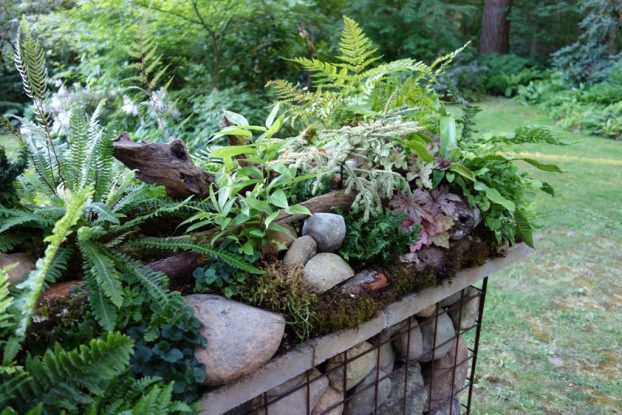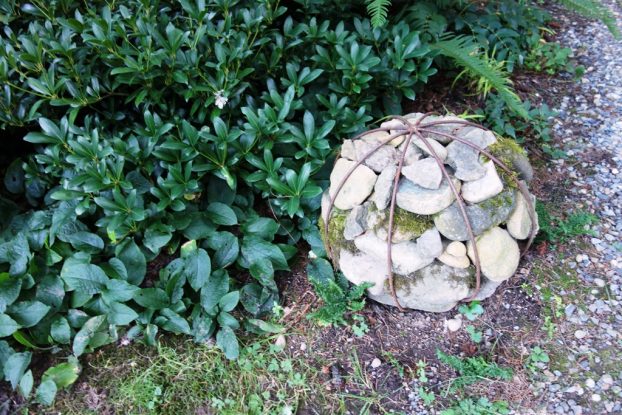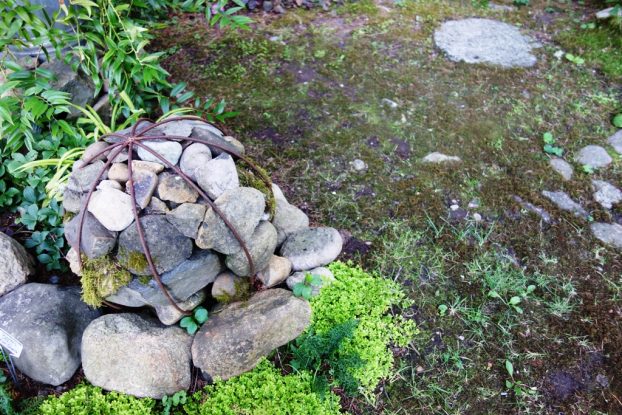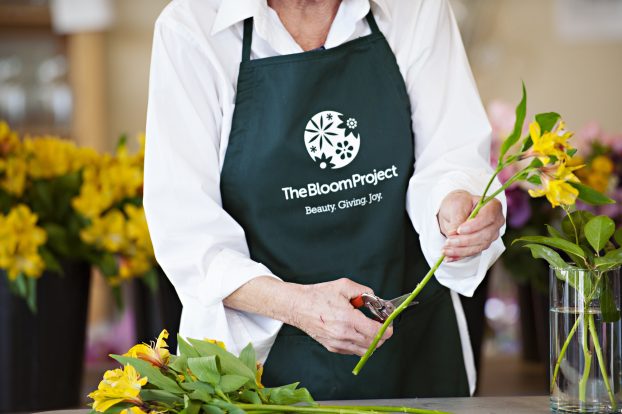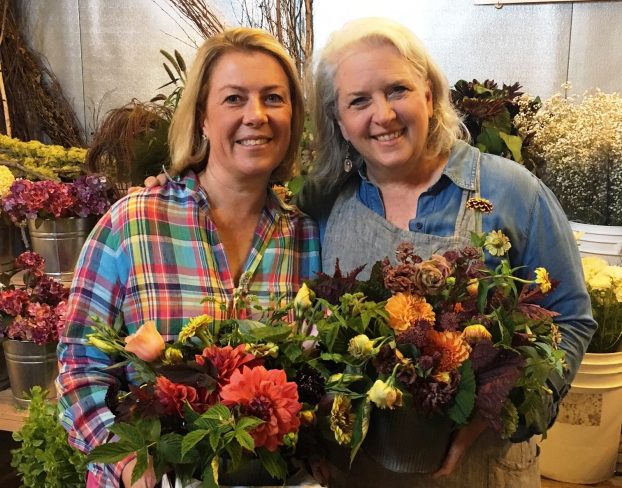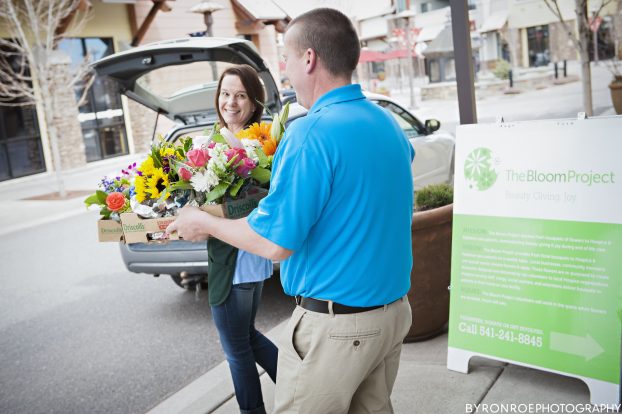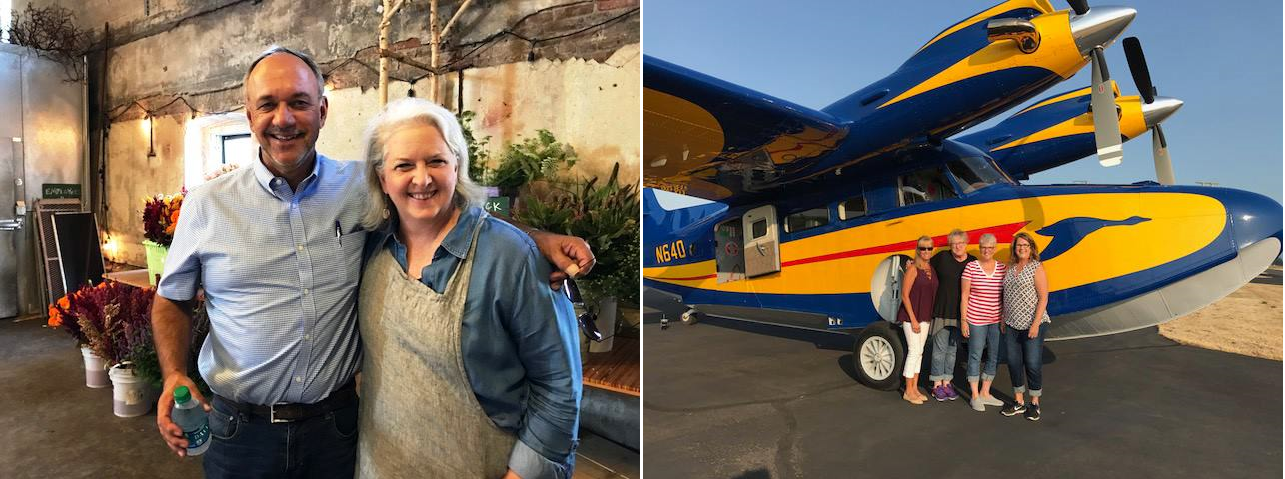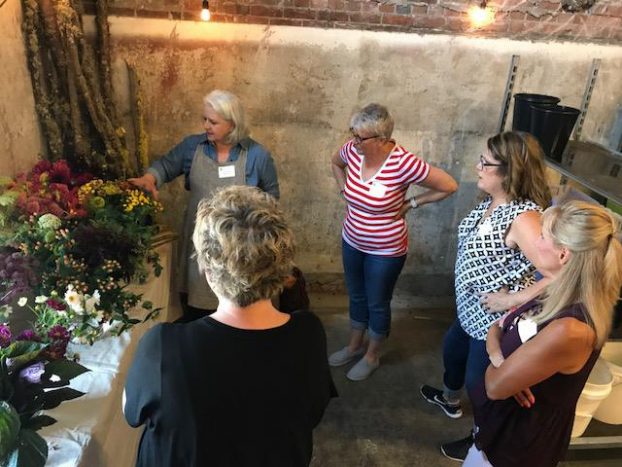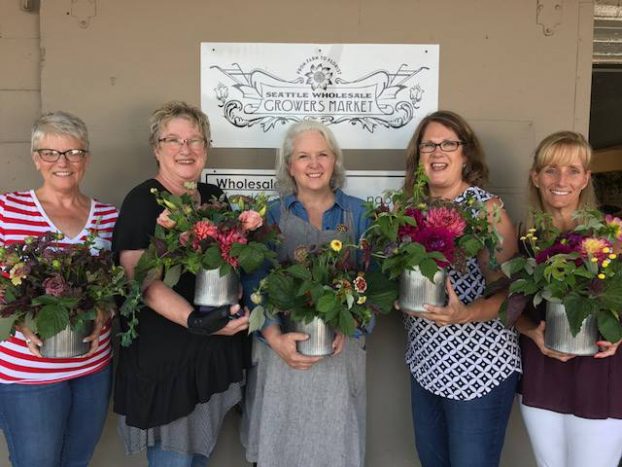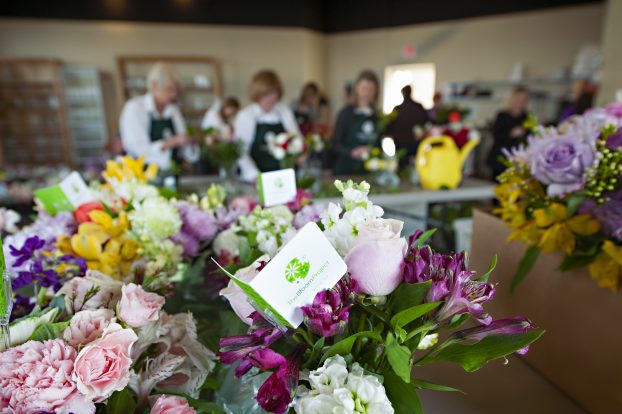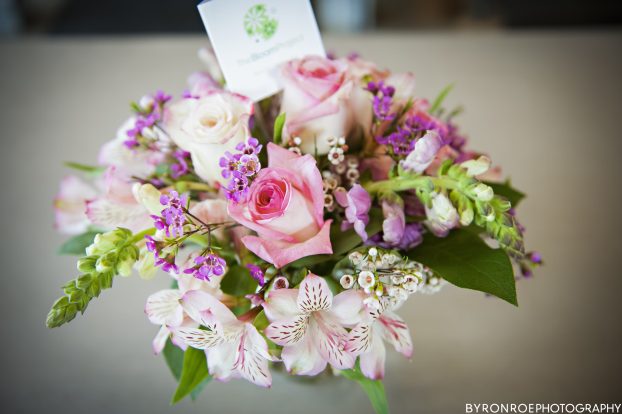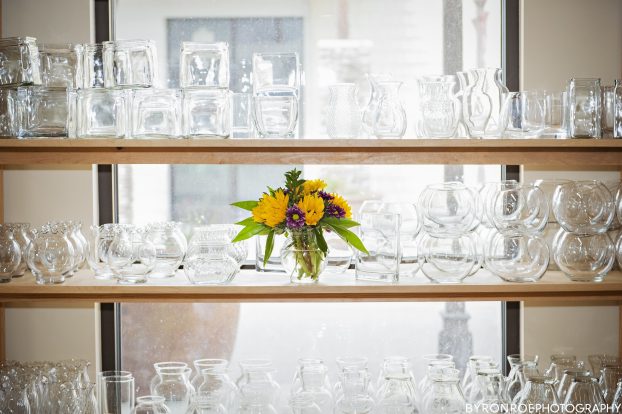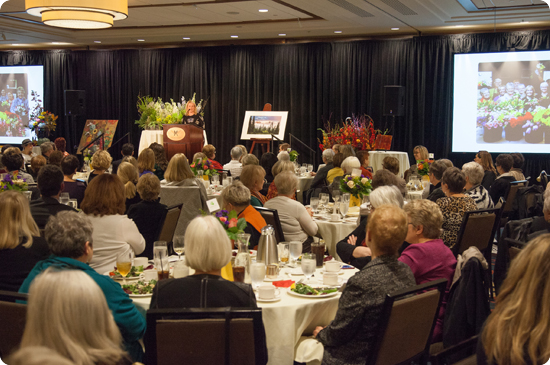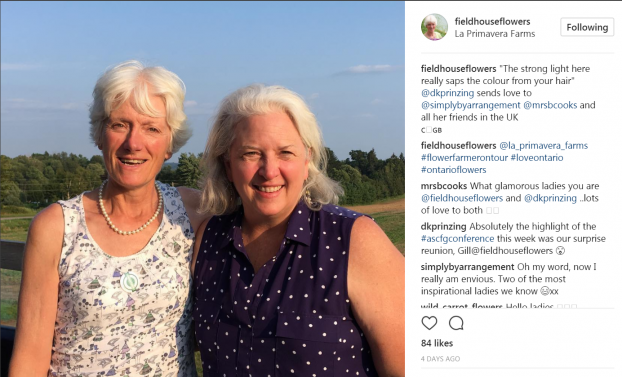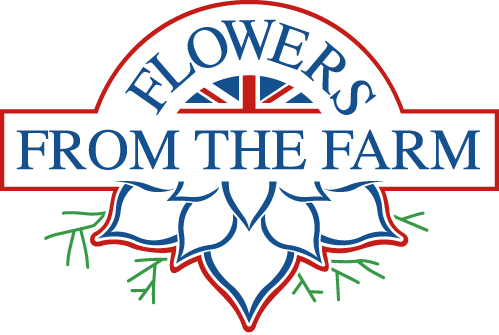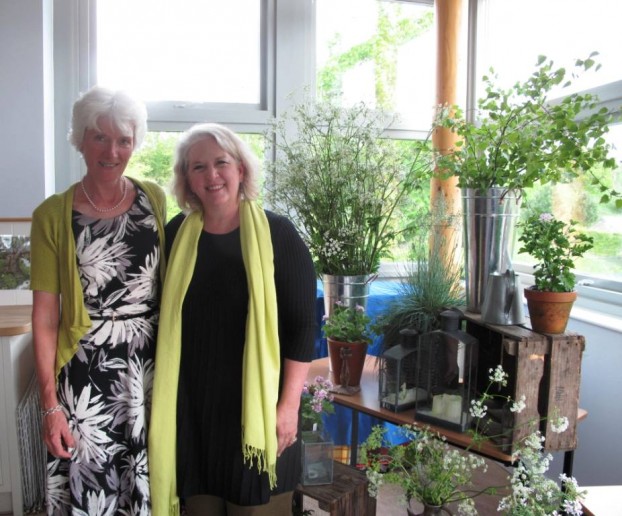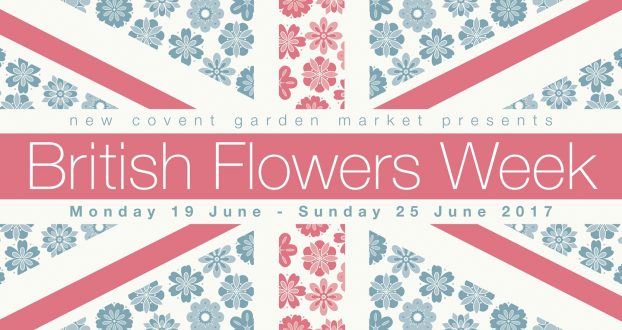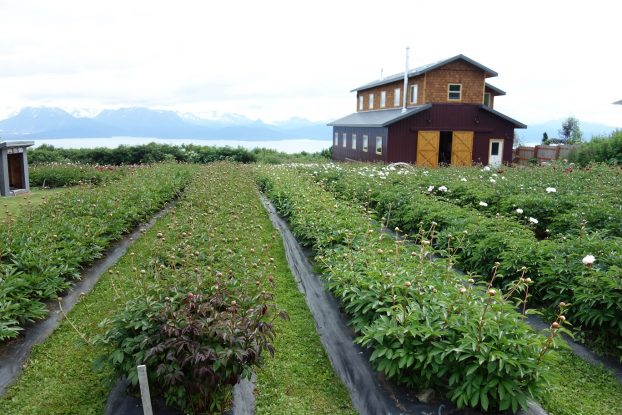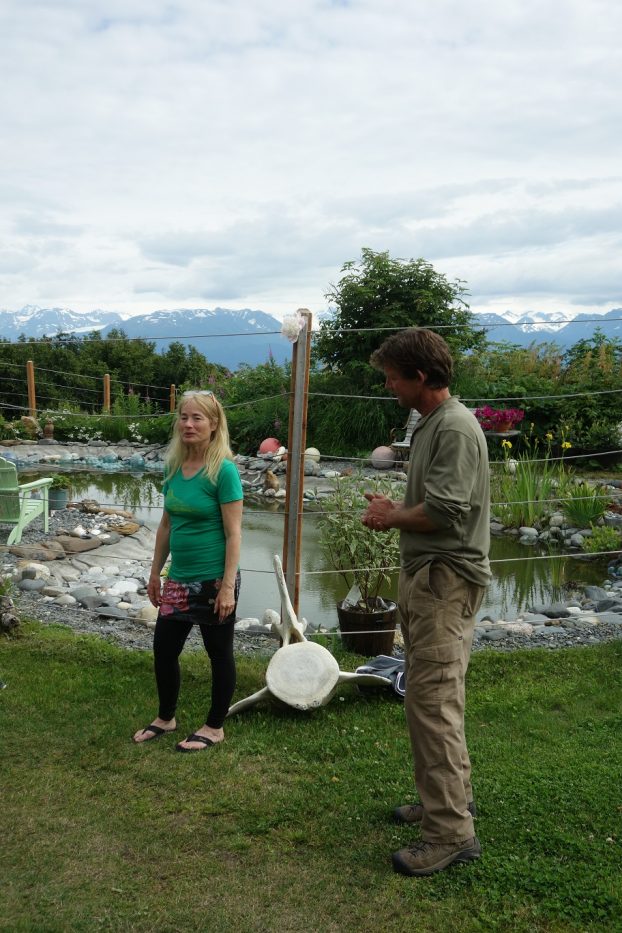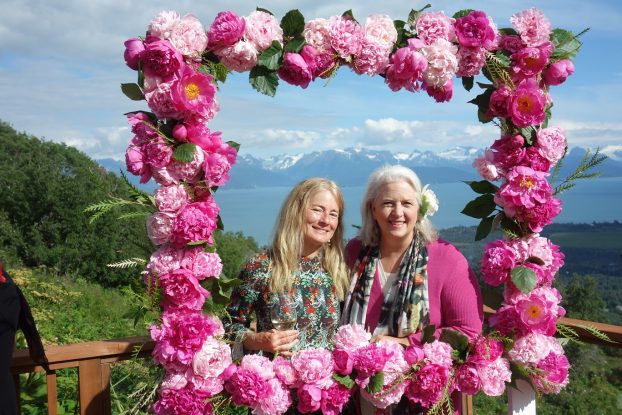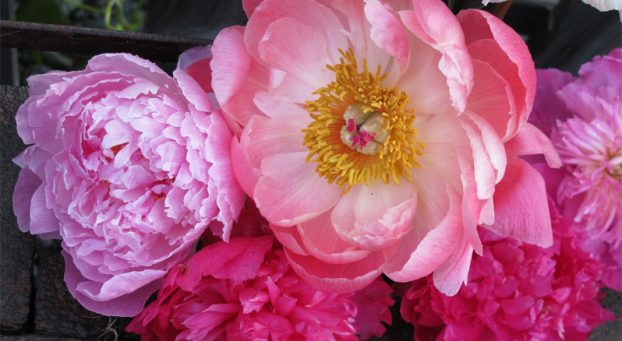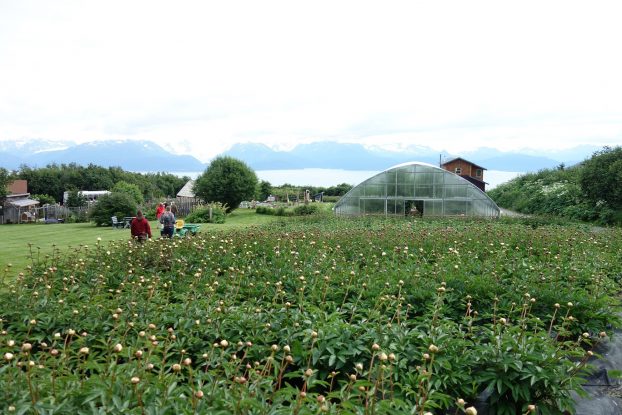Podcast: Play in new window | Download
Subscribe: Apple Podcasts | Podcast Index | RSS | More
Today you will hear from Emily Calhoun of Floriography Floral based in Albuquerque, New Mexico, an early Slow Flowers member whose news we’re sharing with you today.
In my 2017 Floral Insights & Industry Forecast, released at the beginning of this year, I noted Shift #3 — “Return of Brick and Mortar.” I wrote: “There’s a lot of flower power going on as independent and progressive florists are signing leases and opening retail spaces in the same markets that have witnessed mainstream mom-and-pop floral storefronts being shuttered.”
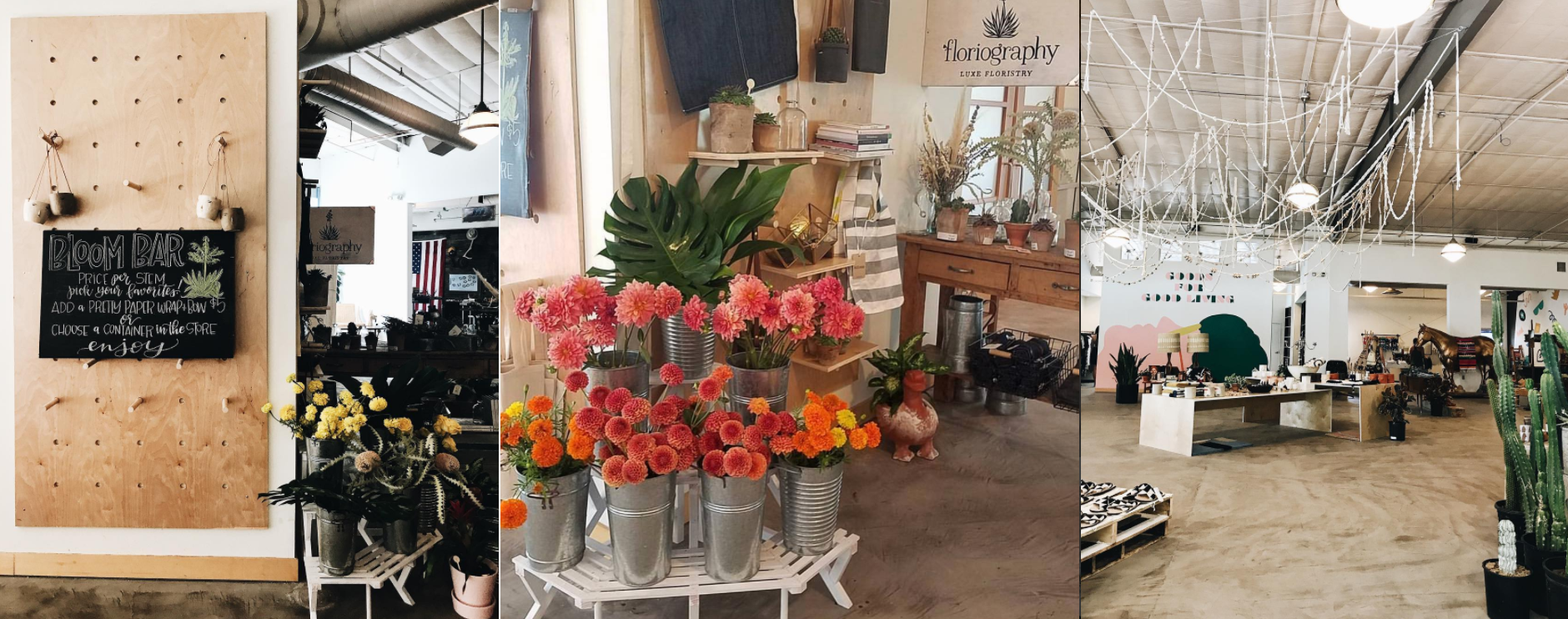
A few inside views of the Floriography Flowers space — note the “Luxe Floristry” tagline — all images from Spur Line’s Instagram feed.
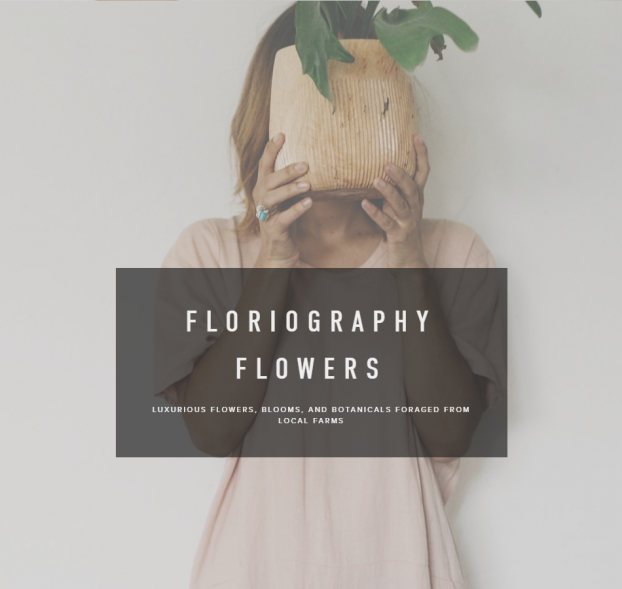 This insight continues to play out with reports of flower shops around the country hitting my radar.
This insight continues to play out with reports of flower shops around the country hitting my radar.
The newest twist on this story isn’t just florists setting up retail spaces, but also FLOWER FARMERS adding brick and mortar to the mix.
This is intriguing and recently, when I learned that the owners of flower farms that featured on the Slow Flowers Podcast in the past are opening their retail ventures in their markets, I wanted to hear more.
This is a continuing story. Since we recorded this show, I’ve learned of others who fall into the flower farmer-turned-floral retailer narrative.
I’ll be reporting on this shift in our 2018 Floral Insights report, which will be released in Episode 330 on January 3, 2018. Not to get ahead of myself, but please reach out if you have any suggestions to share on that front!
I’m eager to bring you my recent conversation with Emily Calhoun of Floriography, NM. Nearly three years ago, I traveled to New Mexico to meet my friend Paula Panich for a writing retreat in Santa Fe. I knew I would have to fly into Albuquerque so I reached out to our lone New Mexico Slow Flowers member, and asked her if we could have dinner together and record a report for this podcast while I was “passing through.” It all worked according to plan and you’ll want to go back and listen to that conversation, Episode 176, aired in January 2015.
A lot has happened since then and as Floriography has evolved and changed, Emily has been at the center of a mini-explosion in cut flower farming in the state of New Mexico. We now have four Slowflowers members in the state and I’ve promised them I’ll visit sometime in the coming year to document more of what’s happening there. Let’s learn more from Emily and the new Floriography retail space at Spur Line Supply Co. in Albuquerque, which she calls her “shopette.”
And here’s an introduction from the “about” page at the Floriography Floral web site:
We began this beautiful journey in 2011 with some canning jars and a tiny piece of dirt in between pecan orchards. From this tiny parcel and with cuttings from the yards of friends and neighbors, Floriography began selling flower bouquets at small farmer’s markets and through weekly seasonal subscriptions to businesses in El Paso, TX and Las Cruces, NM. Customers and subscribers loved Emily’s (Floriography’s founder) designs so much that wedding inquiries started rolling in.
What started out as a dream to make local flowers accessible to our little community has since blossomed into a thriving event design business that reaches across state lines.
Floriography’s designs and farm flowers have been internationally published in wedding and style bogs and in print via Martha Stewart Weddings and Rocky Mountain Bride. Our team travels across the country designing for high-end weddings and events. We are based in Albuquerque, New Mexico but seriously delight in travel!
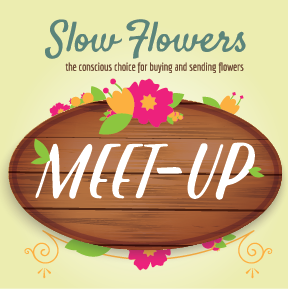 Coming up, By the time you hear this, I’ll be heading to the east coast where you can find me first at the October 7th Slow Flowers Connecticut Meet-up hosted by Michael Russo of Trout Lily Farm in Guilford. There’s still time to join us, so check out debraprinzing.com in the Events calendar for details — or find them in today’s show notes.
Coming up, By the time you hear this, I’ll be heading to the east coast where you can find me first at the October 7th Slow Flowers Connecticut Meet-up hosted by Michael Russo of Trout Lily Farm in Guilford. There’s still time to join us, so check out debraprinzing.com in the Events calendar for details — or find them in today’s show notes.
I’m continuing on immediately after my time in New England to Holly and Evan Chapple’s Hope Flower Farm in Waterford, Virginia, where I’ll be a guest at the Field to Vase Dinner they’re hosting on Sunday, and then I’ll join Holly and several amazing instructors at the second FLOWERSTOCK, taking place Monday, October 9th and Tuesday, October 10th. I can’t wait to lead a series of creative writing exercises for the participants — and it’s not too late to register.
Holly is offering a special $200 discount for the Slow Flowers community. Use this promocode for a discount off of the one-day or two-day registration: FSSLOWFLOWER. This discount can also be used for Flowerstock’s “#treattheteam” offer to buy 2 tickets get the 3rd for free. Get in touch with me or write flowers@hollychappleflowers.com to request the promo code for the free ticket if you bring a third member of your staff or team.
 The Slow Flowers Podcast has been downloaded more than 239,000 times by listeners like you. Thank you to each one of you for downloading, listening, commenting and sharing. It means so much.
The Slow Flowers Podcast has been downloaded more than 239,000 times by listeners like you. Thank you to each one of you for downloading, listening, commenting and sharing. It means so much.
If you value the content you receive each week, I invite you to show your thanks and support the Slow Flowers Podcast with a donation — the button can be found on our home page in the right column. Your contributions will help make it possible to transcribe future episodes of the Podcast.
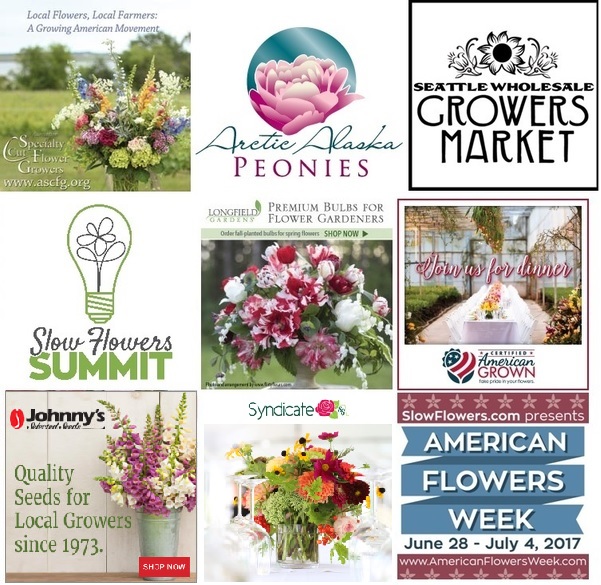 Thank you to family of sponsors
Thank you to family of sponsors
And thank you to our lead sponsor for 2017: Certified American Grown Flowers. The Certified American-Grown program and label provide a guarantee for designers and consumers on the source of their flowers. Take pride in your flowers and buy with confidence, ask for Certified American Grown Flowers. To learn more visit americangrownflowers.org.
Arctic Alaska Peonies, a cooperative of 50 family farms in the heart of Alaska providing high quality, American Grown peony flowers during the months of July and August. Visit them today at arcticalaskapeonies.com
Seattle Wholesale Growers Market, a farmer-owned cooperative committed to providing the very best the Pacific Northwest has to offer in cut flowers, foliage and plants. The Growers Market’s mission is to foster a vibrant marketplace that sustains local flower farms and provides top-quality products and service to the local floral industry. Find them at seattlewholesalegrowersmarket.com
Longfield Gardens provides home gardeners with high quality flower bulbs and perennials. Their online store offers plants for every region and every season, from tulips and daffodils to dahlias, caladiums and amaryllis. Visit them at lfgardens.com.
Syndicate Sales, an American manufacturer of vases and accessories for the professional florist. Look for the American Flag Icon to find Syndicate’s USA-made products and join the Syndicate Stars loyalty program at syndicatesales.com.
Johnny’s Selected Seeds, an employee-owned company that provides our industry the best flower, herb and vegetable seeds — supplied to farms large and small and even backyard cutting gardens like mine. Check them out at johnnysseeds.com.
Association of Specialty Cut Flower Growers. Formed in 1988, ASCFG was created to educate, unite, and support commercial cut flower growers. It mission is to help growers produce high-quality floral material, and to foster and promote the local availability of that product. Learn more at ascfg.org
I’m Debra Prinzing, host and producer of the Slow Flowers Podcast. Next week, you’re invited to join me in putting more American grown flowers on the table, one vase at a time. And If you like what you hear, please consider logging onto Itunes and posting a listener review.
The content and opinions expressed here are either mine alone or those of my guests alone, independent of any podcast sponsor or other person, company or organization.
The Slow Flowers Podcast is engineered and edited by Andrew Brenlan. Learn more about his work at KineticTreeFitness.com.









